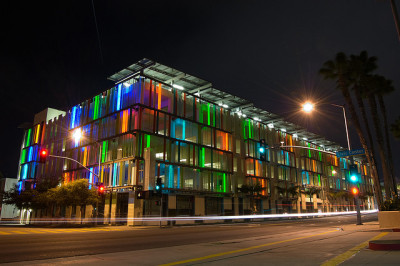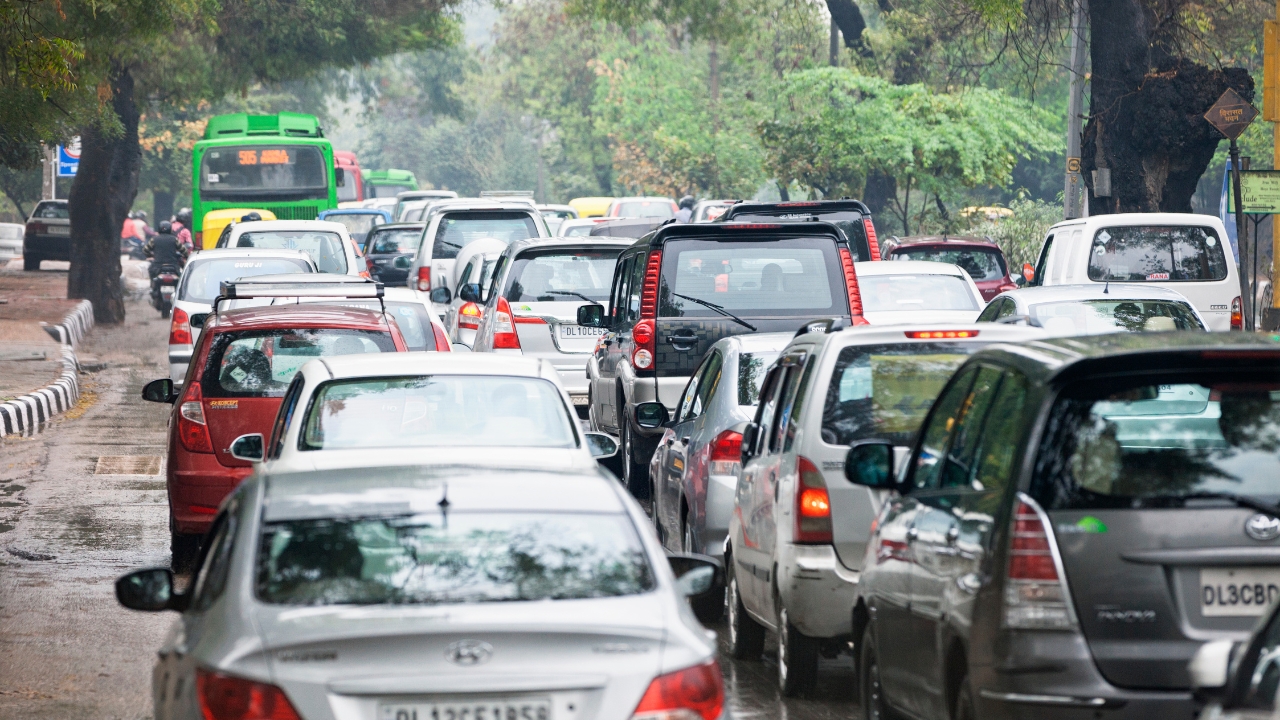By Mark Gold
Originally posted on the UCLA Anderson Blog
With the recent overwhelming voter approval of Proposition 1 (the state water bond), together with Mayor Garcetti’s commitment to reduce imported water by 50 percent by 2024 and state laws reducing greenhouse gas emissions (AB 32) and mandating greater use of renewable energy, California is poised to undertake a transformative approach in water and energy infrastructure. There is no question that California is on the verge of an infrastructure crisis with a lack of adequate investments in local water conveyance and water supply.
Proposition 1 was written to catalyze a quicker shift to an integrated water management approach that relies on green infrastructure at the local level. An integrated approach that relies more on storm water infiltration and water recycling provides ancillary benefits such as flood control, water supply, pollution reduction, recreational open space and urban wildlife habitat. This multi-benefit approach has tremendous advantages over the historic, unsustainable gray infrastructure approaches that provide one benefit at the expense of others (think Los Angeles River channelization for flood control in the 1940s).
The transformation in energy infrastructure has been driven by state laws and regulations. Californians are weaning themselves from the use of coal energy and inefficient gas-fired power plants that are now being replaced by more efficient facilities and renewables. Also, the state’s commitment to energy-efficient infrastructure is growing tremendously with increasing utilization of smart grids and smart meters.
UCLA is taking a major role in energy and water infrastructure transformation through our Sustainable LA Grand Challenge Project, Thriving in a Hotter Los Angeles. The wider UCLA Grand Challenges initiative is a response to President Obama’s call to action for our nation to take on ambitious yet achievable goals to solve society’s biggest problems: disease, illiteracy, inequality and inaccessibility to clean water. Our team of 140 faculty collaborating across disciplines understand that the region can’t reach the ambitious goals of 100 percent local water and 100 percent renewable energy by 2050 without a green infrastructure that provides multiple benefits to the community, including improving our overall quality of life. It’s essential to have a wide array of expertise on the team. We’re developing the relationships required to transform Los Angeles.
Mark Gold is Acting Director of the UCLA Institute of the Environment and Sustainability, where he is also Coastal Center Director and Adjunct Professor. He was recently appointed Assistant Vice Chancellor for the Sustainable LA Grand Challenge Project Thriving in a Hotter Los Angeles and formerly served as president of Heal the Bay, where he created the Beach Report Card, the only comprehensive analysis of coastline water quality on the West Coast.




